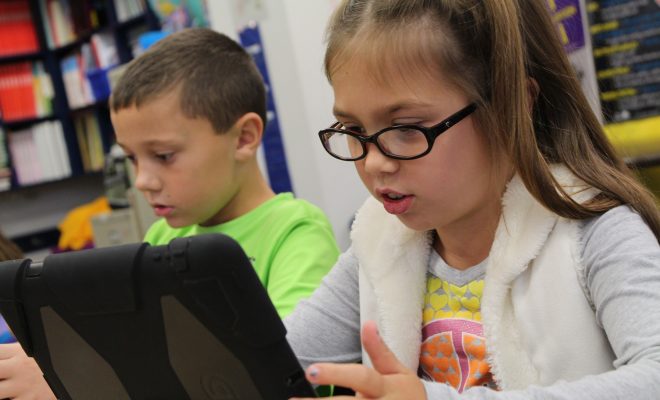What is Cognitive Learning?

Whether you are “cognizant” of it or not, cognitive learning has played a huge part in your development, ever since you were a baby learning how to walk. We learn mainly through your interactions with others, experiences, friendships, feelings, and to be frank; you don’t stop learning until the day your body sheds its mortal shell. How you were raised by your parents, family and other adults define who you are and why you do the things that you do. In this article, I will discuss the pivotal role the brain plays in your education and sometimes miseducation.
Understanding how the brain works can help you to learn more efficiently. If you attended a public school in the U.S., you probably remember being bombarded with mundane facts by your teacher, then studying and memorizing the same information when you made it home. Memorize, repeat, memorize, repeat is how many teachers used to teach, but is that the most efficient way to learn?
Rote memorization of facts does not help you to understand how to use the information that you have learned, or to apply it to new situations. It is remembering information without giving it a deeper meaning, which makes it impossible to learn. The way that you learn shapes who you are as a person, especially as a child. Despite the education research that we have regarding cognitive learning, it still isn’t being applied in the classroom. We need to use brain science to find the best learning strategies for each student’s learning style, and train educators on how to implement them.
So what is cognitive learning?
The term “cognitive” refers to “cognition,” which the Oxford Dictionary defines as “the mental action or process of acquiring knowledge and understanding through thought, experience, and the senses.” Webster’s Dictionary defines learning as “the acquisition of knowledge or skills through experience, study, or by being taught.” The theory of cognitive learning unifies these two concepts and describes the processes that collaborate when processing information, which moves from sensory input, passes through the cognitive system and finds the response.
The brain and its cognitive functions are what shapes our learning, and as we have evolved, we have learned new skills and concepts that have helped us to reach new learning thresholds. Ironically, the brain has not become more advanced; we just perfected how we use it. The brain is what guides and directs our learning, and as human beings have evolved and advanced, we have learned more and more information, skills, and ideas which have helped us become more intelligent. However, the brain has not become more sophisticated as we advanced over time, but rather, we have changed how we learn. The more scientists learn about the brain, the easier it is to take advantage of how it works and its characteristics and make it easier for us to learn.
Types of cognitive learning
Now that we have a grasp of what cognitive learning is, let’s run through the 13 types.
- Implicit learning. When you learn knowledge and skills without realizing it, this is known as implicit learning.
- Explicit learning. Happens when you seek out learning activities and opportunities because you explicitly want to learn something.
- Cooperative and collaborative learning. Cooperative learning is learning that takes place in groups. Each member contributes their best skills and qualities. Collaborative learning is when one person, usually and educator, provides a concept and helps the group construct meaning around the idea.
- Meaningful learning. A form of cognitive learning that utilizes the motivational, cognitive and emotional dimensions.
- Associative learning. Learning that involves an association between preselected stimuli and exact behavior.
- Habituation and sensitization: Non-associative learning. Is a primitive type of learning that makes it possible for humans to adapt, which is something that we have to do in our day to day lives. An example of habituation would be people living near a noisy highway. When they first move in, they are aware of all of the vehicles that pass by their house, but as they live there for an extended period, they become desensitized to the noise, and it rarely bothers them.
- Discovery learning. When you go out of your way to learn, and actively search for knowledge, that’s discovery learning.
- Observation or imitation learning. When we model our behavior after someone else or something we have seen.
- Emotional learning. Learning that involves a person’s development of emotional intelligence, which we use to control and manage our emotions.
- Experiential learning. The kind of cognitive learning that is a direct result of our experiences. It is incredibly subjective, as individuals experience events and phenomena differently.
- Rote learning. This form of cognitive learning involves the memorization of information, without understanding it on a deeper level.
- Receptive learning. An utterly passive kind of learning, where the individual only gets the information that they are trying to learn. An example would be a lecture, where the professor lectures and the students passively listen.
- Metacognitive strategies. Metacognition means “thinking about thinking.” This cognitive learning type involves us consciously deciding which learning strategy we plan to use when we engage in a learning experience.
Bottom line: When it comes to cognitive learning, every person is different, which is why an array of learning styles is needed to help all of your students reach their academic potential. Could cognitive learning help us fully understand the formal operational stage?






